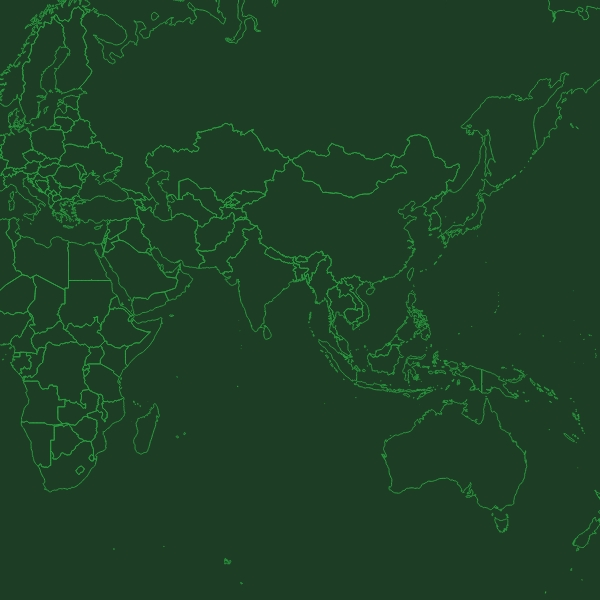The RSPO Hotspot Hub has been officially launched by the Roundtable on Sustainable Palm Oil (RSPO) to further strengthen fire prevention efforts in oil palm plantations in Indonesia and Malaysia. Powered by advanced satellite technology, the Hotspot Hub is a free interactive digital platform that provides near real-time information on detected hotspots and potential fires both within and outside RSPO concessions.
The Hotspot Hub was developed in response to the pervading problem of forest fires, which continue to be one of the toughest challenges facing the palm oil industry and are predominantly caused by illegal “slash-and-burn” forest clearing practices.
Wan Muqtadir, Head of Integrity of RSPO’s Integrity Unit, explains that the attraction of farmers to slash-and-burn tactics traces its roots back to the 1980s and reached its peak in the 1990s. “When trees are no longer producing fruits as intended, the land needs to be cleared so a new set of trees can be replanted. The quickest way to do this is by slashing and burning the trees, instead of having tractors and bulldozers come in, which is costly,” he said.
Fast forward to today, COVID-19 restrictions have exacerbated the slash-and-burn problem. “Enforcers previously monitoring these illegal activities are not able to go on the ground as regularly,” adds Muqtadir.
Tiur Rumondang, RSPO Assurance Director, said “As a result of COVID-19, more farmers may resort to dangerous land clearance methods to make up for financial shortfalls. This increases the risk of forest fires that rage out of control and create toxic haze that will further strain our health systems, harm our environment and threaten the progress we have made towards a haze-free region. The Hotspot Hub enables faster detection of potential fires, so local stakeholders have the opportunity to respond long before they become destructive and hard to contain.”
NASA technology and transparency
The Hotspot Hub is powered by advanced sensor and satellite technology which displays hotspots as indications of heat sources on the ground. Four advanced satellites are used: NASA's Moderate Resolution Imaging Spectroradiometer (MODIS) aboard the Terra and Aqua satellites and Visible Infrared Imaging Radiometer Suite (VIIRS) on the joint NASA/NOAA Suomi National Polar orbiting Partnership (Suomi NPP) and NOAA-20 satellites. The data can be extracted and downloaded from NASA Fire Information for Resource Management System (FIRMS) web. The raw data downloaded then will be filtered by date, medium to high confidence level and within a 1 km radius.
After the filtered hotspot is detected and confirmed within the RSPO member’s concession, the alert will reach them via an email with detailed information related to the hotpots or fire that occurred on the ground level, sent by the RSPO Firewatch team, part of the GIS Team under the RSPO Integrity Unit.
All responses collected from the member will be saved into the RSPO database and will be published on the RSPO Hotspot Hub platform according to their consent. The public can view the hotspot information, as well as the member’s management action for fire prevention in the future. The Hotspot Hub also posts incident reports which detail actions taken by RSPO members on the ground to investigate and extinguish fires, thereby not only enhancing transparency but also increasing accountability in mapped areas.
RSPO certification works
The Hotspot Hub takes a step further by displaying comparative statistics of hotspots registered in RSPO member and non-member concessions, as well as hotspots categorised by different land use types.
In 2019, RSPO detected 463,952 hotspots in Indonesia and Malaysia, a significant increase from 285,562 detected in 2018. At the peak of the 2019 Southeast Asia haze season, RSPO detected more than 70,000 hotspots in one week alone. RSPO analysis revealed that only 0.4% of these total hotspots detected in 2019 were within RSPO concessions. Moreover, no RSPO Independent Smallholders had an instance of persistent fire on their properties. Such analysis of recorded Hotspot data underscores the efficacy of RSPO certification.
“What we’ve learned from the 2019 haze situation is the importance of being proactive,” said Muqtadir. “When we start to identify all of these hotspots, we immediately contact RSPO members because we know these could be potential fires. And they come back to us and do whatever they can to address the situation.”
The Hotspot Hub fills in the gaps as an official platform reporting on-the-ground response. “Whereas before, we knew the situation, when there’s fire we set the alerts, we ask the companies to justify them. But with the Hotspot Hub, we take it one step further, to actually be transparent about it. There’s nothing to hide! If you’re following the standards, you’re fixing the situation…and give credit where it’s due.”
RSPO stakeholder collaboration
Muqtadir acknowledges the role of stakeholders in seeing the Hotspot Hub go live. “The key has been stakeholder collaboration. The Hotspot Hub journey had been discussed on numerous platforms and it was also one of the key action items for the Assurance Standing committee (ASC). We have seen that RSPO members are willing to explain their situation and disclose it in the Hotspot Hub because it also involves the reputation of their operations. Inversely, if we see that a certified unit is breaching the rules, it means their certification and licenses can be suspended by the certification bodies.”
Since December 2020, Hotspot Hub has begun displaying recorded hotspot data in Indonesia and Malaysia, and coverage will expand to include Africa and Latin America in due course. “If this project is informative and helpful to many parties, we will plan to expand our focus to other regions in the near future,” Muqtadir revealed.
Keep reading
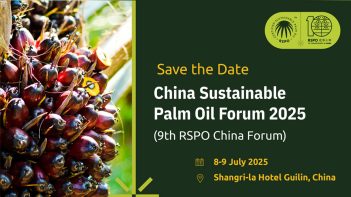
Save the Date: China Sustainable Palm Oil Forum 2025 (9th RSPO China Forum)
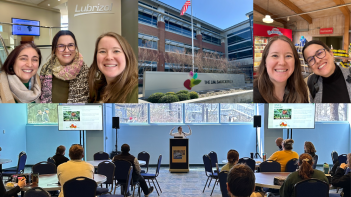
On the Road: Meeting RSPO Members Across the American Midwest
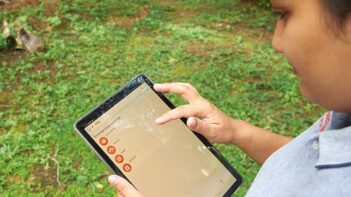
RSPO Releases Updated Research Agenda for Sustainable Palm Oil
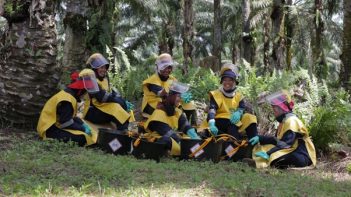
Nurturing Shared Responsibility for the Future of Palm Oil
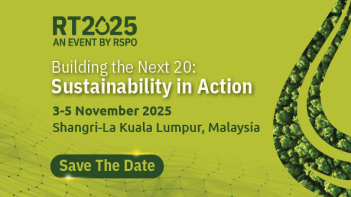
RT2025: Important Updates!
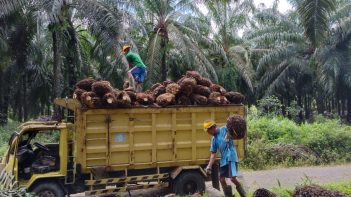
From boycotts to inclusion: Is sustainable palm oil (finally) the way forward?

REMINDER: Submission Deadline for RSPO Annual Communication of Progress (ACOP) 2024

Registrations Open for Europe SPOD 2025
